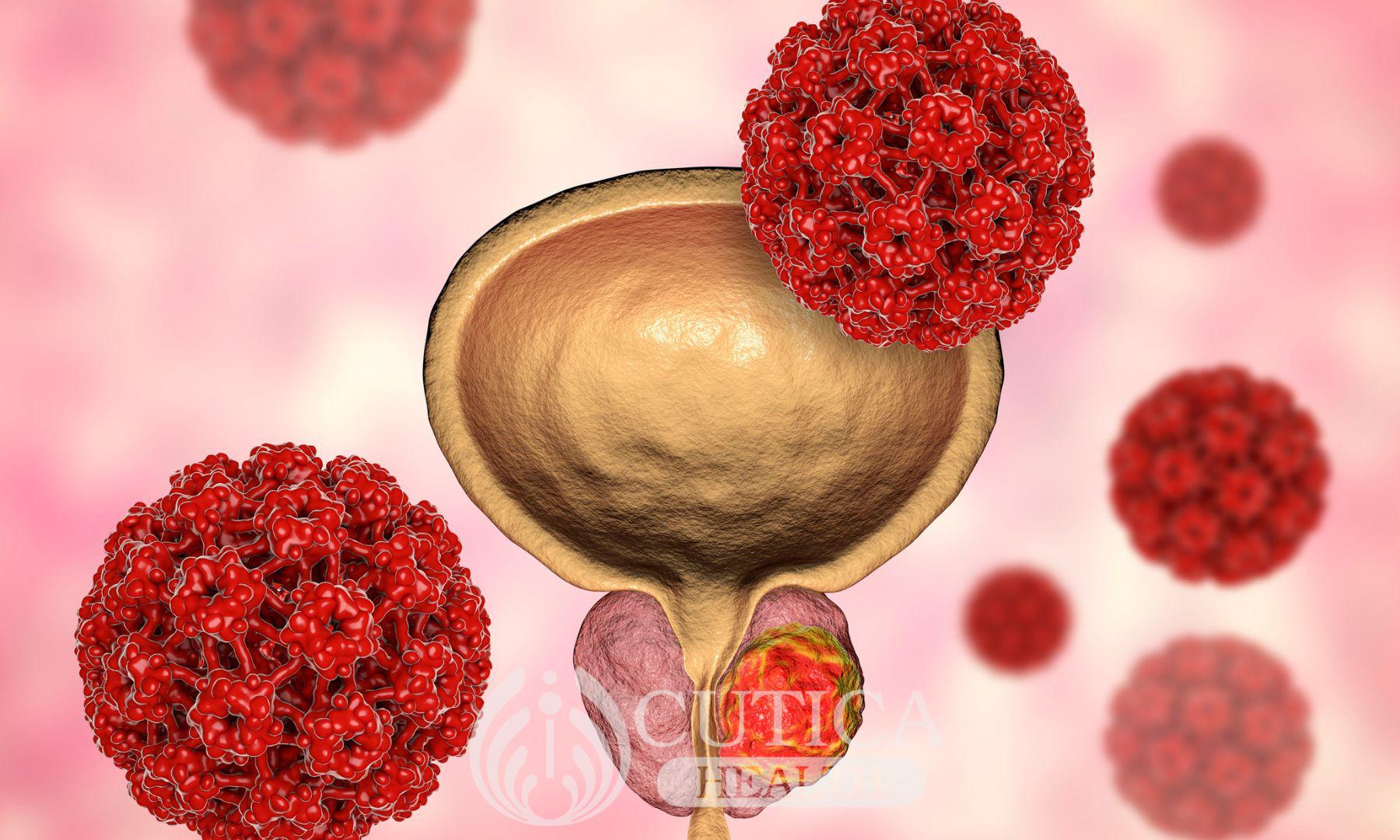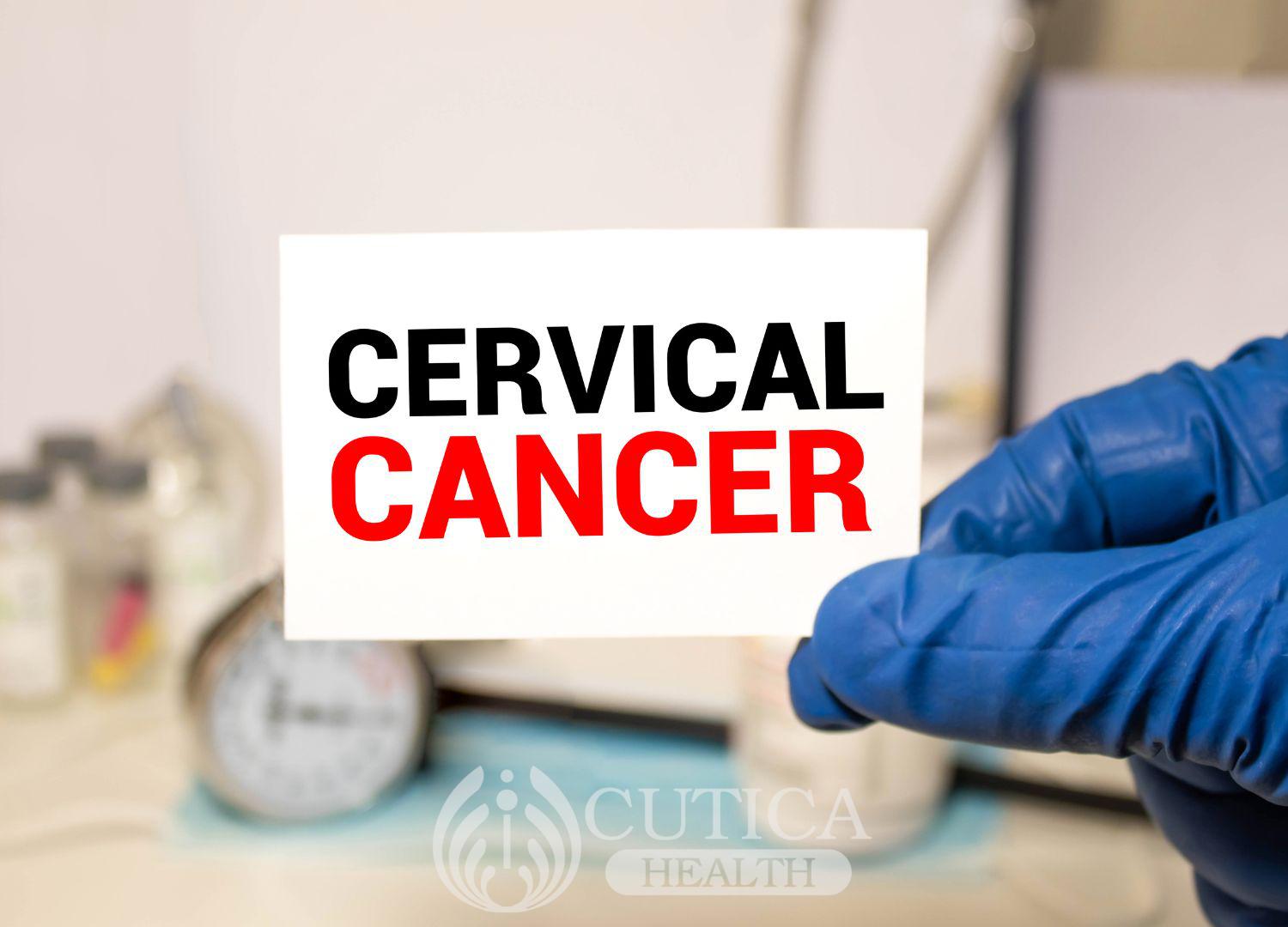
Leukemia is a form of blood cancer that affects blood cells. In this type of cancer, the body’s disease-fighting cells, the white blood cells, divide uncontrollably, flooding the bloodstream and bone marrows, eventually, blocking production of other helpful blood cells.

Simply stated, leukemia is cancer of the white blood cells, a situation in which your bone marrow churns out large numbers of abnormal, infective white blood cells!
Leukemia is caused by a switch in the DNA that codes for these white blood cells. The tweak in the DNA causes white blood cells to be produced uncontrollably and rapidly, causing more harm than good.
What are signs of leukemia?
There are major, consistent signs and other not-so-consistent signs.
The major signs include:
Easy bruising--especially in areas with thin skin
Bleeding--simple gum bleeding could be an early sign.
Joint pain not attributable to other causes
Breathlessness/tiredness or fatigue because the abnormal white blood cells snuff the life out of oxygen-carrying red blood cells
High temperature/night sweats
Infections-- often repeated-because the white cells that should ward off infections are defective and ineffective
These symptoms are caused by the destructive effect of the excessive white blood cells on the bone marrow. The bone marrow gradually losses its capacity to produce other blood cells, including red cells that carry oxygen and platelets that causes blood to clot. When these cells are not produced in sufficient numbers, they produce the above symptoms.
Less-consistent symptoms of leukaemia include:
Back/muscle pains
Itchy skin
Swollen lymph nodes
Nausea, vomiting, stomach discomfort
Numb hands or feet
Palpitations
Headaches
Difficulty concentrating
Muscle pain
Weight loss
It's pertinent to take note that some of the early signs of leukemia could be very innocuous, so, don't wait for anything dramatic before seeking help! A simple bleeding gum that won't go away despite the dentist's numerous tooth cleanings and best efforts might be the first pointer. Any unexplained protracted bleeding must be investigated, it could save your life!

How is leukemia treated?
There is good and bad news on the treatment of leukemia. The bad news is that, like other cancers, leukemia has no cure. Now, the good news; treatment can help if detected early enough. These treatments help slow down the destruction of the bone marrow and also destroy the excessive and immature white blood cells.

Treatment types for leukemia include chemotherapy, radiotherapy, and immunotherapy. Each of these methods of treatment uses different mediums to destroy the immature and excessive white blood cells, reducing symptoms and the disease burden. Stem cell treatment has shown promise in curing the disease, however. It involves replacing the parent cells in the individual’s bone marrow that have the dysfunctional DNA with normal healthy parent cells. This could potentially offer a cure for the disease.

Take-home message: Leukemia-cancer of white blood cells is a serious condition, but serious efforts are on-going to ensure that the diagnosis does not constitute a death sentence.












